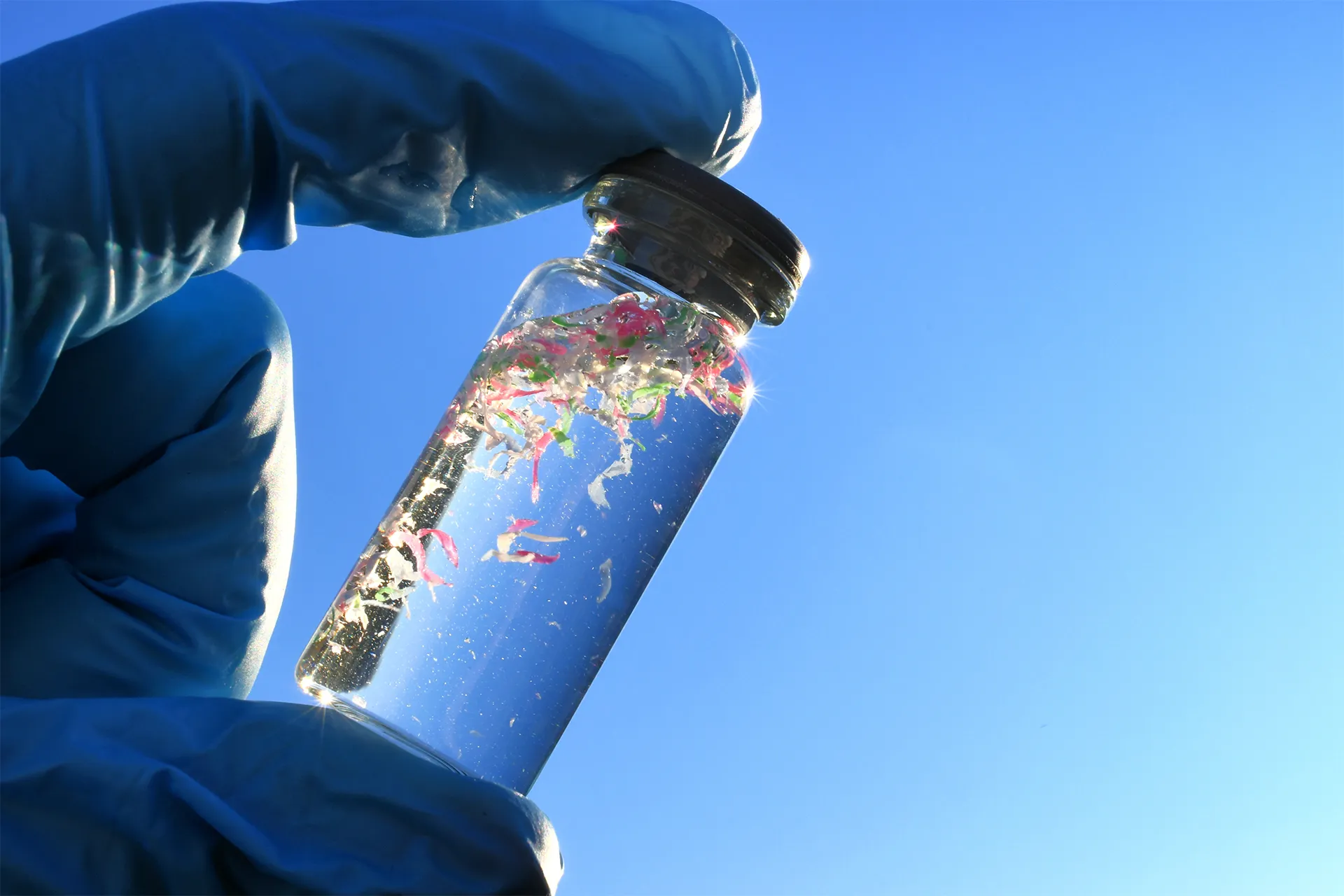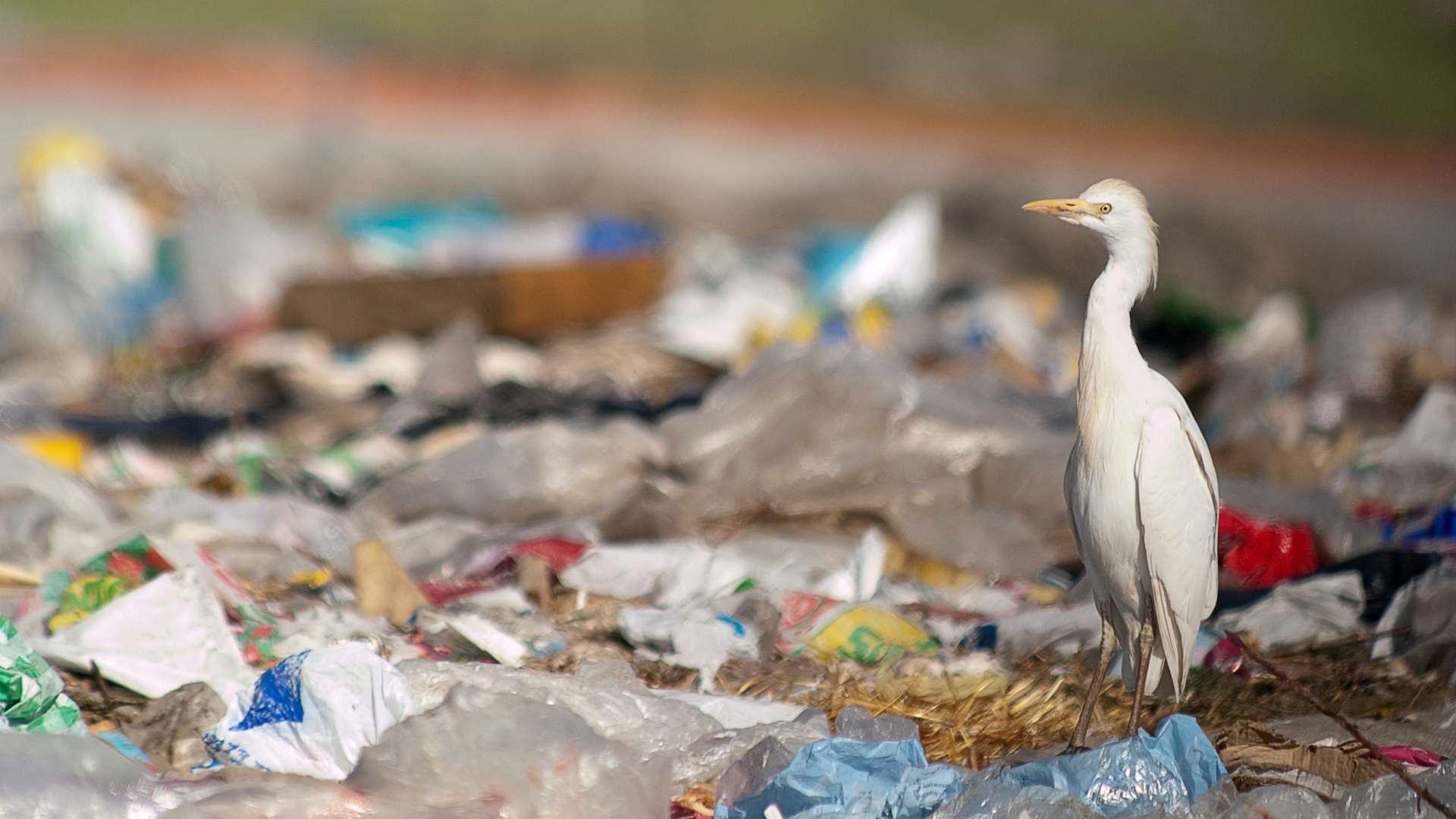
Do Biodegradable Plastics Create Microplastics?
Microplastic pollution has rightly become a significant environmental concern, leading many to question if biodegradable additives like EcoPure® contribute to this issue. At EcoPure®, we are committed to transparency and accurate information. Let’s address this important question head-on and clarify how EcoPure® technology specifically prevents microplastics.
What are Microplastics, and Why are They a Concern?
Microplastics are tiny plastic fragments, generally smaller than 5mm, resulting primarily from the breakdown of larger plastic items or industrial processes. These particles threaten wildlife, ecosystems, and potentially human health due to their persistence and accumulation in the environment.
Biodegradable Plastics and Additives That Contribute to Microplastic Pollution
Certain biodegradable plastics and additives inadvertently contribute to microplastic pollution, including:
Oxo-degradable Plastics: These plastics contain additives promoting fragmentation into smaller, persistent microplastic fragments when exposed to environmental conditions.
Incomplete Biodegradable Polymers: Some biodegradable plastics fail to decompose fully in natural settings without specific conditions, leading to microplastic formation.
Plastics with Pro-oxidant Additives: These additives accelerate degradation but result in fragmentation, creating persistent microplastics instead of complete biodegradation.
Recognizing these distinctions is crucial. Selecting EcoPure®, which fully biodegrades without leaving microplastics, effectively addresses these concerns.

EcoPure® Doesn’t Create Microplastics
EcoPure® is fundamentally different from other biodegradable technologies. Some degradable plastics, like oxo-degradables and photodegradables, merely fragment into smaller plastic pieces, which persist as microplastics in the environment. In contrast, EcoPure® technology ensures complete biodegradation by enhancing microbial activity, allowing microbes to fully digest and metabolize the plastic. The result of this natural process is harmless biomass (nutrient-rich soil), carbon dioxide in aerobic conditions, and methane in anaerobic conditions. Once microbes consume the carbon backbone of the polymer, no plastic or microplastic fragments remain, ensuring zero microplastic residues.
Extensive Testing Confirms No Microplastics from EcoPure®
Rigorous third-party testing using globally recognized methods, such as ASTM D5511, confirms that EcoPure® treated plastics biodegrade entirely:
Proven Results: EcoPure® consistently demonstrates complete biodegradation without residual microplastics.
Independently Verified: Worldwide third-party labs validate EcoPure®’s complete biodegradation process, ensuring trust and confidence in our technology.
EcoPure® stands apart from other biodegradable technologies, ensuring complete biodegradation and no microplastic residues. Our clear commitment to sustainability makes EcoPure® the responsible choice for manufacturers aiming to support a cleaner, safer, and healthier planet.
Learn more about the EcoPure® Biodegradable Plastic Additive.


